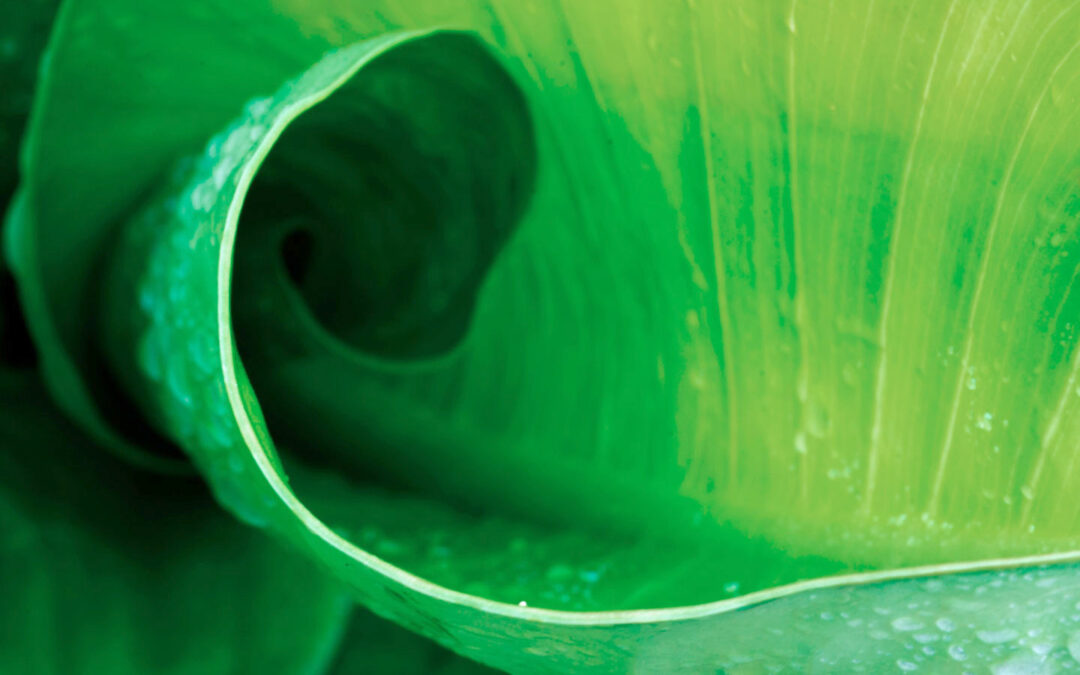“Enzymes” it’s a word that resonates the most with many when it comes to toothpaste: “Toothpaste with extra enzymes is good!” But what are enzymes anyway, and what effect do they have?
In general terms, an enzyme is a catalyst – a specific substance that increases the rate of a chemical reaction.
In the body, for example, we have lots of different enzymes that have different functions, such as breaking down food so that nutrients can be absorbed into the body, or helping to break down and build the body’s cells. Enzymes have names according to their function and as humans we cannot survive without enzymes as they make the body’s chemical reactions happen much faster than if they were not present.
Wash it away!
The increased speed also applies to household products like detergents and washing powders. Here enzymes are used to speed up biochemical reactions, like when little Bertram has spilt ice on his jumper and a stain remains – that’s where the enzymes break down the stain and make it disappear.
There is a wide range of enzymes in detergents, which are divided into these groups:
- Protease deals with protein-containing stains such as meat juices, eggs, grass, blood and dairy products.
- Amylase breaks down starchy stains like pasta, gravy, baby food, flour, potato etc.
- Lipase deals with fatty things like butter, cooking oil and cosmetics.
- Mannanase breaks down stains from ice cream and dressing, for example.
- Cellulase breaks down the tiny loose fibres of clothes, so they stay looking new for longer.
- Pectate lyase breaks down pectin, which is found naturally or added to a wide range of foods containing fruit and berries. By breaking down the pectin, a wide range of stains from fruit and berries can be removed.
In other words, enzymes help to ensure that cleaning and laundry are as effective as possible.
Are enzymes dangerous?
No, not in the concentrations found in detergents. If we look at enzymes in detergents, even small amounts of enzymes can replace large amounts of other chemicals. Therefore, enzymes are an environmentally sound and sustainable choice.
If you have any doubts about whether the product you are using is the best for you, your family and the environment – look on the label for one or more of the official eco-labels.

